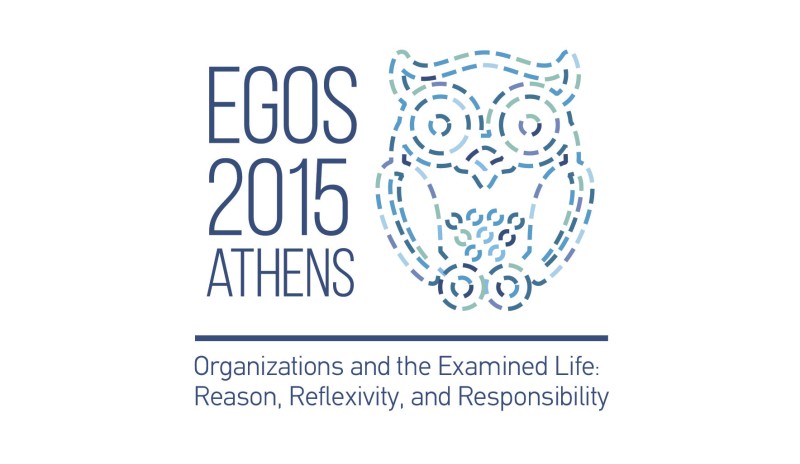Sub-theme 41: Looking for Thorns, Paradoxes and Blind Spots as Triggers for Reflection about Research and Practice: Discourses and Practices of Change and Stability [merged with sub-theme 30]
Call for Papers
The state of art in the fields of change management and change communication is shaped by buzzwords, but also by
paradoxes and blind spots. Tools and prescriptions about change and change communication are legion, although studies about
how they affect the daily practices and discourses of managers, employees or civil servants are scarce.
"Change"
has become not only an ideological catchword, but also a panacea for all kinds of crises. The change discourse has largely
turned into a hegemonic discourse that suppresses other voices focusing on continuity and stability. Models and tools for
organizational change are ubiquitous in the research and management literature and, in particular, in the consultancy industry.
However, these models and tools do have significant effects in day-to-day organizational practices and discourses, as they
partake in staging, enacting, framing, and implementing given change initiatives. We aim at fostering a discussion of their
performativity in day-to-day organizational practices and discourses.
Our sub-theme focuses on the interplay
of change & stability with other discourses and practices like strategic communication, management and leadership, sense-making,
sense-breaking, and sense-giving. Such processes are socially constructed in the daily work and discourses of organizational
members. But, they might also be pursued and eventually achieved intentionally in the negotiations of meanings and sense making/s
of executive and middle managers.
Generally, management prefers to frame the future in terms of change, whereas
employees tend to stress the need for stability and continuity – even when they align with change goals. By change promoters,
critical voices are mostly seen as "thorns", i.e. obstacles that hinder the smooth advancement of change processes and have
to be "pulled out". By putting change management and change communication high on the agenda, organizations may risk setting
aside or silencing the management of continuity and stability.
We call for papers that investigate the interplay
of change and stability in terms of innovation, technology, administration, (self-)management, organizational discourse, and
culture. In order to investigate the dualities and paradoxes of change and stability, we want to investigate the role of "thorns"
instead of just pulling them out. We call especially for multidisciplinary research built on different ontological and epistemological
assumptions, that may advance theoretical and methodological perspectives.


